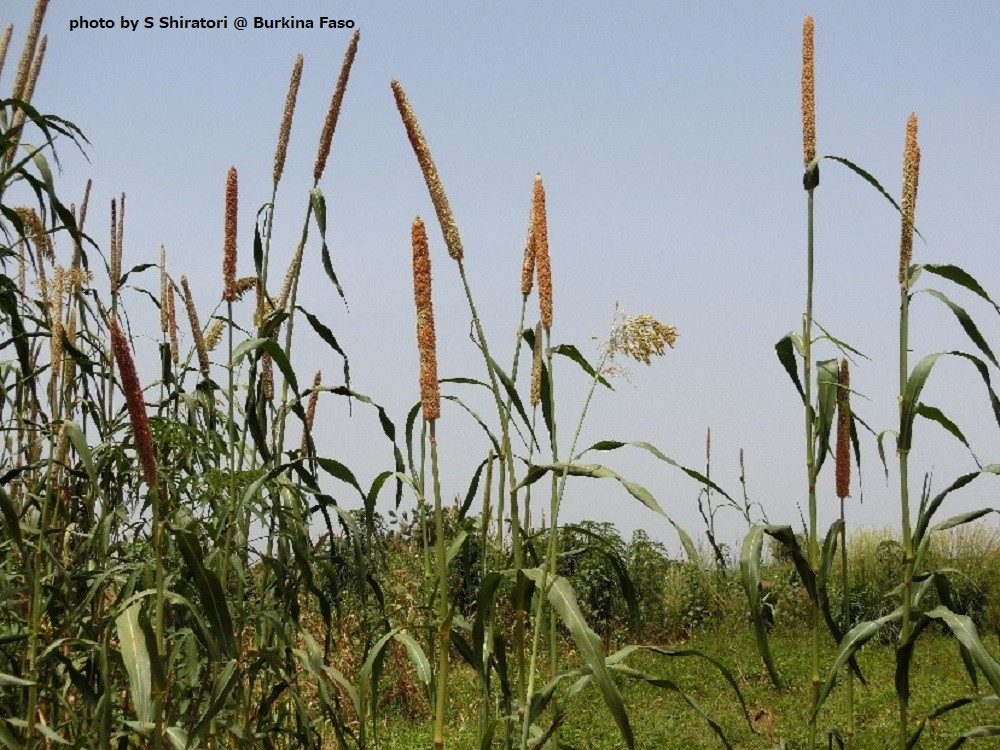Pick Up
417. Impacts of COVID-19 on Food Security

Recently, the daily COVID-19 infections in Japan seems to have settled down compared to the past, and on November 7, there were no deaths for the first time in 15 months. Over the past two years, various changes have been seen not only in Japan but also around the world due to the pandemic. This Pick up introduces two review papers that comprehensively examine the impacts of the pandemic on food security.
The first is a review paper by Béné et al. that provides the first global assessment of COVID-19’s impacts on food security and the nutritional status, especially in low and middle-income countries. While the paper confirms the unprecedented scale and severity of the crisis, it suggests that, in general, food systems have been able to adapt to the disruptions caused by the pandemic.
The analysis also showed that while there was no clear evidence that the availability of food was affected, the most affected aspect of food security was accessibility, with evidence suggesting that physical and economic access to food was disrupted. And while the food system was resilient, it was also very painful for many stakeholders, with the exception of supermarkets, which stayed open and made significant profits while street vendors closed.
The second paper by Picchioni et al. is a systematic literature review on the impact of COVID-19 on diet quality, food security and nutrition in Low- and middle-income countries (LMICs). Evidence showed that food quality and food insecurity have worsened, and the impacts varied depending on the timing, duration and stringency of restriction measures and policies of LMICs to mitigate their adverse impacts, context specific food value chain responses to domestic and international containment measures, and the socio-economic status. During the pandemic, people have become unhealthier due to increased consumption of ultra-processed foods, less healthy eating, and fewer opportunities for exercise. The paper also mentioned that women and low-income groups were at greater risk of food insecurity, and that social safety nets should be strengthened immediately.
References
Béné, C., Bakker, D., Chavarro, M.J., Even, B., Melo, J. and Sonneveld, A., 2021. Global assessment of the impacts of COVID-19 on food security. Global Food Security, p.100575. https://doi.org/10.1016/j.gfs.2021.100575
PICCHIONI, Fiorella; GOULAO, Luis F.; ROBERFROID, Dominique. The impact of COVID-19 on diet quality, food security and nutrition in Low and Middle Income Countries: A systematic review of the evidence. Clinical Nutrition, 2021. https://doi.org/10.1016/j.clnu.2021.08.015
Contributor: SHIRATORI Sakiko (Information and Public Relations Office)
